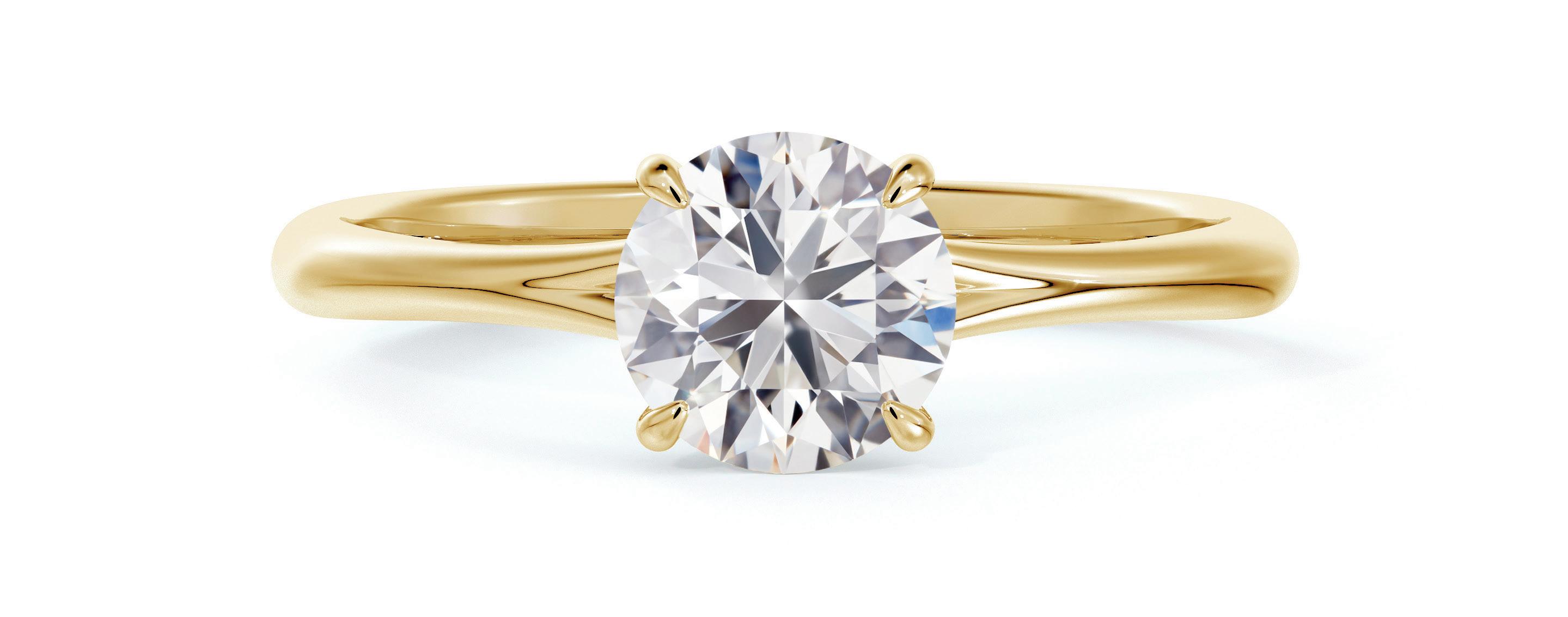
3 minute read
Greatest Versus Worst
Our postmodern age is fun if you enjoy watching language change before your eyes. I’m an editor, so my job is to be a stickler, but as Gen. John Stark’s life made clear, you’ve got to pick your battles. Which brings us to my point of contention: our famous state motto.

Live free or die” — four little words that say a lot, though not everyone seems pleased with the argument they make. “Can’t we just live free? Why get morbid about it?” is a typical response. The answer might be found in the part of that pithy saying that doesn’t fit on a license plate: “Death is not the greatest of evils,” wrote Stark in the original coinage of that phrase.
Here’s where my inner stickler kicks in. Of the minority of people familiar with those seven additional words, 90 percent of them will recite it as, “Death is not the worst of evils.”
Curious why that is, I asked someone more in the know than I, Elizabeth Dubrulle, director of education and public programs for the NH Historical Society and editor of their publication, Historical New Hampshire. Turns out, she had just been discussing this matter with Sarah Galligan, the library director at NHHS. Together they crafted this response:
In 1809, John Stark got invited to this dinner in Vermont to commemorate the Battle of Bennington. He declined, saying he was too old, but in his response he used the phrase: “Live free or die. Death is not the greatest of evils.” We don’t have that letter or even a copy of that letter, but the gentlemen who organized the dinner wrote back and quoted Stark’s own letter back to him, and they used the word “greatest.”
Later, after Stark finally died, his son Caleb published a book of John Stark’s correspondence, and he used the word “worst.” All of the Starks’ papers eventually came to us — John Stark’s, Caleb Stark’s, and the whole Stark family, but John Stark’s original letter to the guys in Bennington (or a copy of it) wasn’t in any of it, so there’s no way to know what he actually wrote. But the guys in Bennington who quoted him were closest to the original source document, and they used the word “greatest.”
“Since then,” Dubrulle concluded “it’s been all over the map whether it’s greatest or worst,” but most people have settled on the latter. “I suppose it flows better,” she wrote.
As fond as I am of “flow,” I have to take exception. It’s a subtle but important difference between the two words. “Worst” implies inferiority, while “greatest” specifies the opposite. Stark, the “Hero of Bennington,” was familiar with death after so many battles and would shun a word that seemed to minimize its transformative power. Death has greatness, but Evil has powers that put even Death to shame, as many a warrior can attest. In fact, that’s why people put their very lives on the line in the military, police and safety services.
That’s just one reason why the study and appreciation of history is so important, even in a postmodern age of relativism and hubris. If nothing is worth dying for, then what’s the true value of a life?
Now, with that off my chest, I can add that one of the greatest ways to discover the true value of a life — your life — is to get out and enjoy it while you can. This issue contains an extensive list of some of the greatest things to do this summer, compiled by our editorial staff.
This summer, for the first time in 30 years, I’ll have enough free time to enjoy our summer fun issue as a reader might and not be more focused on stories we want to include for the next year. The very first magazine I had the privilege to edit was an early version of the one you hold. It was called New Hampshire Editions back then, and March 2003 was my first month on the job. My retirement will take place on June 30.
Old John Stark wrote his note to a group of friends and fellow warriors because he was unable to make it to their reunion. My last hurrah with this magazine will be at our Best of NH Party on June 22 and you are all invited to join me there and raise a glass to the past, present and future of this brave, wonder-filled state we call our home.












